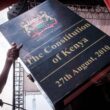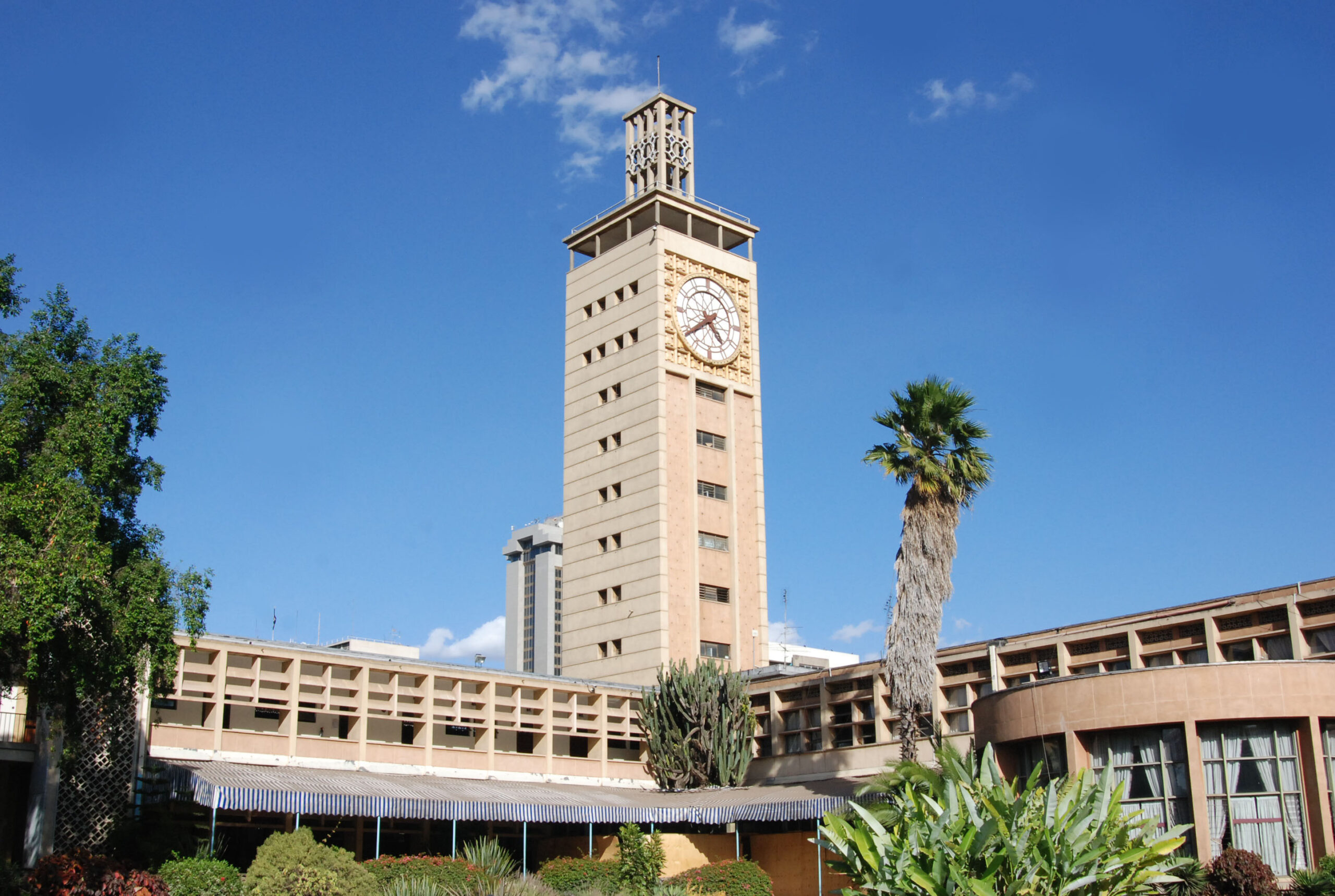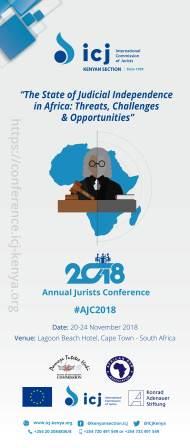This year, the 2018 AJC will be held from 20-24 November at The Lagoon Beach Hotel in Cape Town, South Africa. The theme of the conference is “The State of Judicial Independence in Africa: Threats, Challenges and Opportunities”. The conference will be in the form of a three day consultative forum that will consist of key stakeholders to be drawn from members of the Bench and the Bar in the region, civil society actors, state agencies and independent Experts.
Context Setting
The protection of the independence of the judiciary is guaranteed under both international and regional mechanisms: The Universal Declaration of Human Rights (UDHR)[1] and the International Convention on Civil and Political Rights (ICCPR)[2] make the independence of the judiciary a pre-requisite component of the right to fair trial. The African Charter[3] obligates State parties to guarantee the independence of the Courts. More so, the Grand Bay (Mauritius) Declaration and Plan of Action[4] recognizes that an independent, open, accessible and impartial judiciary guarantees adherence to the rule of law, democracy and Human Rights.
Various international principles set standards for the protection and promotion of judicial independence: The UN Basic Principles on the Independence of The Judiciary[5], the Bangalore Principles of Judicial Conduct[6] and the Commonwealth (Latimer House) Principles of The Three Branches of Government[7] task member States to secure and promote the independence of the judiciary within the framework of their national legislation and practice. Consistent with this, most national Constitutions in the region, vest judicial power in the courts and declare that they are independent and subject only to the Constitution and the law.
Despite the existence of these normative frameworks, there continues to be a mismatch between standards set and State practice. Judges and lawyers in many African countries continue to face threats in the context of their work. Verbal threats, physical attacks, orchestrated removal procedures, prosecution and reprisals for judicial/ legal decisions, poor remuneration and working conditions and unfair promotion processes are among many challenges that Judges face; and which undermine their independence and accountability.
Problem Statement
Between 2017 and 2018, the number and scope of attacks on African Judges and lawyers has intensified significantly. In November 2017, a District Court Judge in Central Mali was kidnapped from his home[8]. In April 2018, a former Judge and Vice President of the Court of Appeal in the South West region of Cameroon was also reportedly kidnapped[9]. In Kenya, an opposition lawyer was arrested and deported in February 2018 in total disregard of court orders against his deportation[10]. This trend can be attributable to a number of factors:…>>>DOWNLOAD COMPLETE CONCEPT NOTE AND DRAFT PROGRAM
[1] Section 10 of the UN General Assembly, Universal Declaration of Human Rights, 10 December 1948 available at http://www.unhcr.org/refworld/docid/3ae6b3712c.html
[2] Section 14 of the UN General Assembly, International Covenant on Civil and Political Rights, 16 December 1966 available at http://www2.ohchr.org/english/law/ccpr.htm
[3] Article 26 of the African Charter on Human and Peoples Rights, Adopted 27 June 1981 and entered into force 21 October 1986 available at http://www.africaunion.org/official_documents/treaties_%20conventions_%20protocols/banjul%20charter.pdf
[4] Paragraph 4 of the Grand Bay (Mauritius) Declaration and Plan of Action, 1999 available at http://www.achpr.org/instruments/grandbay/
[5] Basic Principles on the Independence of the Judiciary, December 1985 available at https://www.un.org/ruleoflaw/blog/document/basic-principles-on-the-independence-of-the-judiciary/
[6] The Bangalore Draft Code of Judicial Conduct 2001 available at https://www.unodc.org/pdf/crime/corruption/judicial_group/Bangalore_principles.pdf
[7] The Commonwealth (Latimer House) Principles of The Three Branches of Government, November 2003 available at http://www.cmja.org/downloads/latimerhouse/commprinthreearms.pdf
[8] See https://www.newvision.co.ug/new_vision/news/1465913/judge-kidnapped-legal-profession-targeted-mali
[9] See https://www.garda.com/crisis24/news-alerts/107851/cameroon-suspected-separatists-kidnap-former-judge-in-southwest-april-8
[10] See https://www.capitalfm.co.ke/news/2018/03/firebrand-miguna-deported-despite-court-orders/






